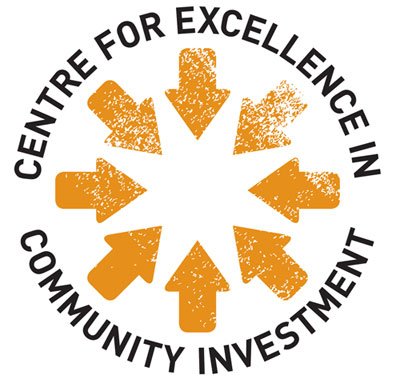
The view from: Orbit
Our blog series, The View From, explores how housing associations have been responding to the Covid-19 crisis. In this blog, Sam Scharf, Director of Community Investment at Orbit, discusses one of the ways in which Orbit has been responding – through a series of webinars.
Before the Covid-19 crisis began, we’d planned to reach out to the sector and share the learnings from four of our Better Days programmes. The impact of Covid-19, however, meant that we had to put this on hold temporarily.
Last year, a number of our core services in our Better Days programme had come to an end, so we’d taken the opportunity to evaluate them properly so we could learn what had worked, what hadn’t, and how we could best rethink the support we provide to our customers. We wanted to share what we learned from this process, but have had to sit on them while our attention has been focused on responding to the needs of our customers over the last three months,
Each of the projects was evaluated independently, to give legitimacy to the findings. We asked HACT to evaluate our mental health and financial resilience services, while the Institute of Learning and Work conducted the evaluation into our employment service. The evaluation into our debt service was run as a randomised control trial (RCT), with support from internal research team and HACT.
So what have we learnt?
One of the takeaways was that it’s good to see how rigorous our data collection has been, and how you can use data to change what you’re doing, rather than just collect it. I’ve been pleasantly surprised that some of our data work has helped to reinforce or change our thinking – that’s not often the case.
Where we’ve done business benefit analyses, that’s strengthened our resolve around debt and employment and helped operationalise those services across the business. Where we’ve needed to understand our customers around mental health, it has helped change our tender and the support we provide. It means we’re being driven by customer demand rather than datasets.
The evaluations have given us greater insight into our customers. Sometimes it’s easy to do, report and tick boxes and say look isn’t it great, and what great outcomes we’ve achieved. But these evaluations have highlighted where support might not be as effective as well.
For example, with our employment service, we found out that while we provide a great employment service, the data tells us that in-work poverty is the greatest issue facing our customers. So we’ve changed and adapted our employment service, refocusing it so it can deliver true value.
We’ll be delivering our employment service through a housing association lens. We’ll use it to help tackle in-work poverty, insecure work and how we support our customers to have a digital focus. We’ll also be looking at a circular skills model, using our supply chain and future needs around construction and future supply chain.
So the evaluations have given us lots of food for thought in how we reshape our services. And now we’re using the learning from those evaluations as content for a series of webinars, so we can share our findings with the sector.
We’ve already hosted two webinars – one on employment, and the other on debt. And we’ll be hosting two further webinars, on financial resilience and mental health, over the next two weeks.
Each webinar is a chance to reach out to our colleagues in the sector, to share the learning and promote collaborative learning. There are many areas where collaboration could be much greater in the sector: we’ve seen that over the past month, especially, in our work around mental health, talking about our Breathing Space model, introducing our service partners to other social housing organisations, and promoting collaborative responses.
Community investment will be at the fore of our future. We’ve had a lot of internal debates about its role and these evaluations have helped us demonstrate that what we do is adding value to people’s lives, as well as to the business. If we’re having to suggest that we need more funding during this budget round to cater for demand, we can point out what impacts that investment will make.
We’d like to continue to work with and support others, to influence what they do and how they shape their services to their customers. We have a wealth of information and evidence about what’s worked for us, so it’s critical that we share that with the sector. Many haven’t had the opportunity to do this analysis, so we hope that this opens the door for better collaboration across the sector.
If you want to find out more or want to come together around any of these issues, get in contact. Let’s do it, rather than just talk about it.


